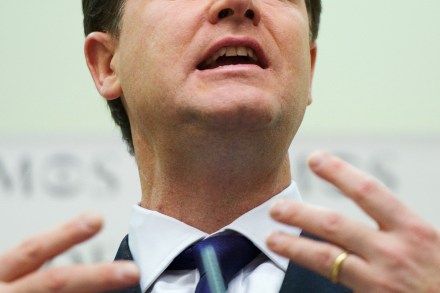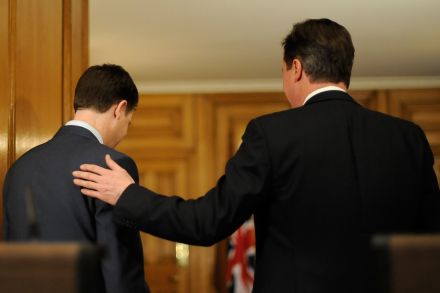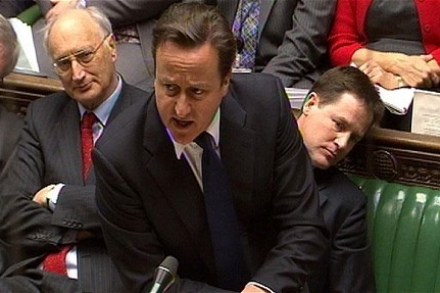The scale of Clegg’s Lords challenge
Tucked away on page 15 of today’s Times, there’s an insightful story about Lords reform (£) by Roland Watson. And it’s insightful not just for the new information it contains, but also for the familiar truth it confirms: reforming the House of Lords is going to be one helluva difficult task. You see, while both halves of the coalition committed to a fully- or ‘mainly-elected’ upper chamber in their respective manifestos, only one half of the coalition is particularly eager to force it through now. As the Times story says, Nick Clegg’s proposed Bill has already endured a ‘serious re-writing’ to make it more palatable all round, but even so:


















